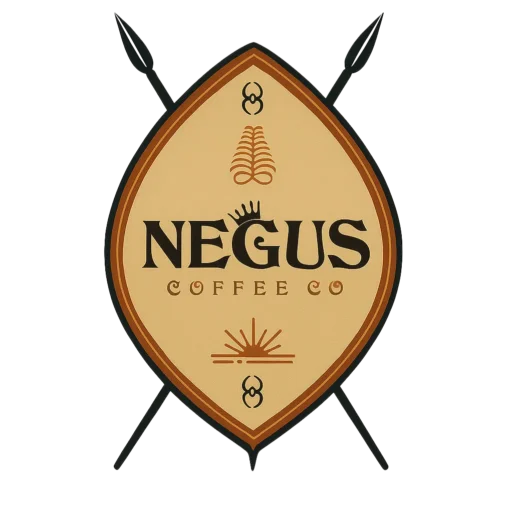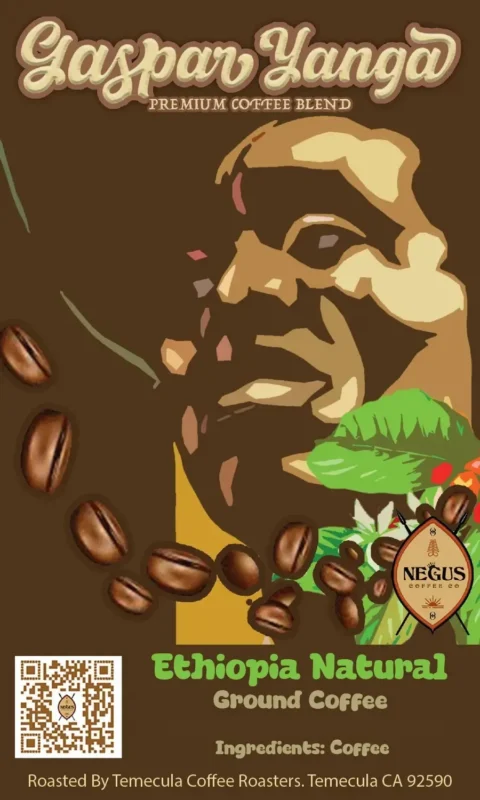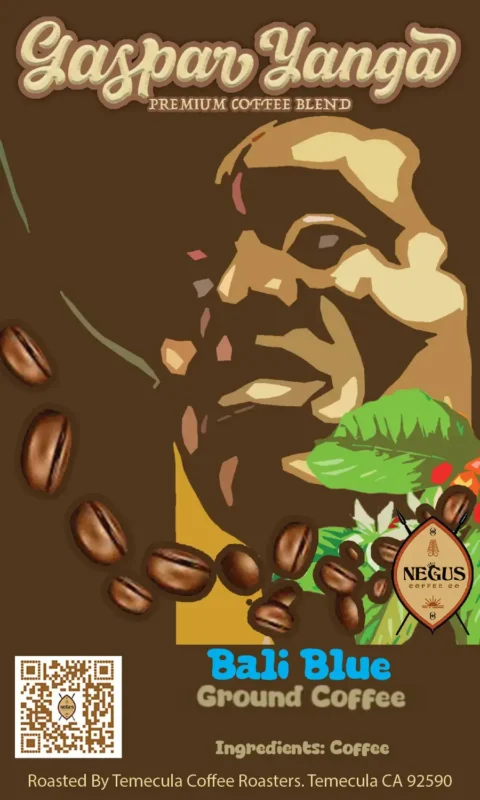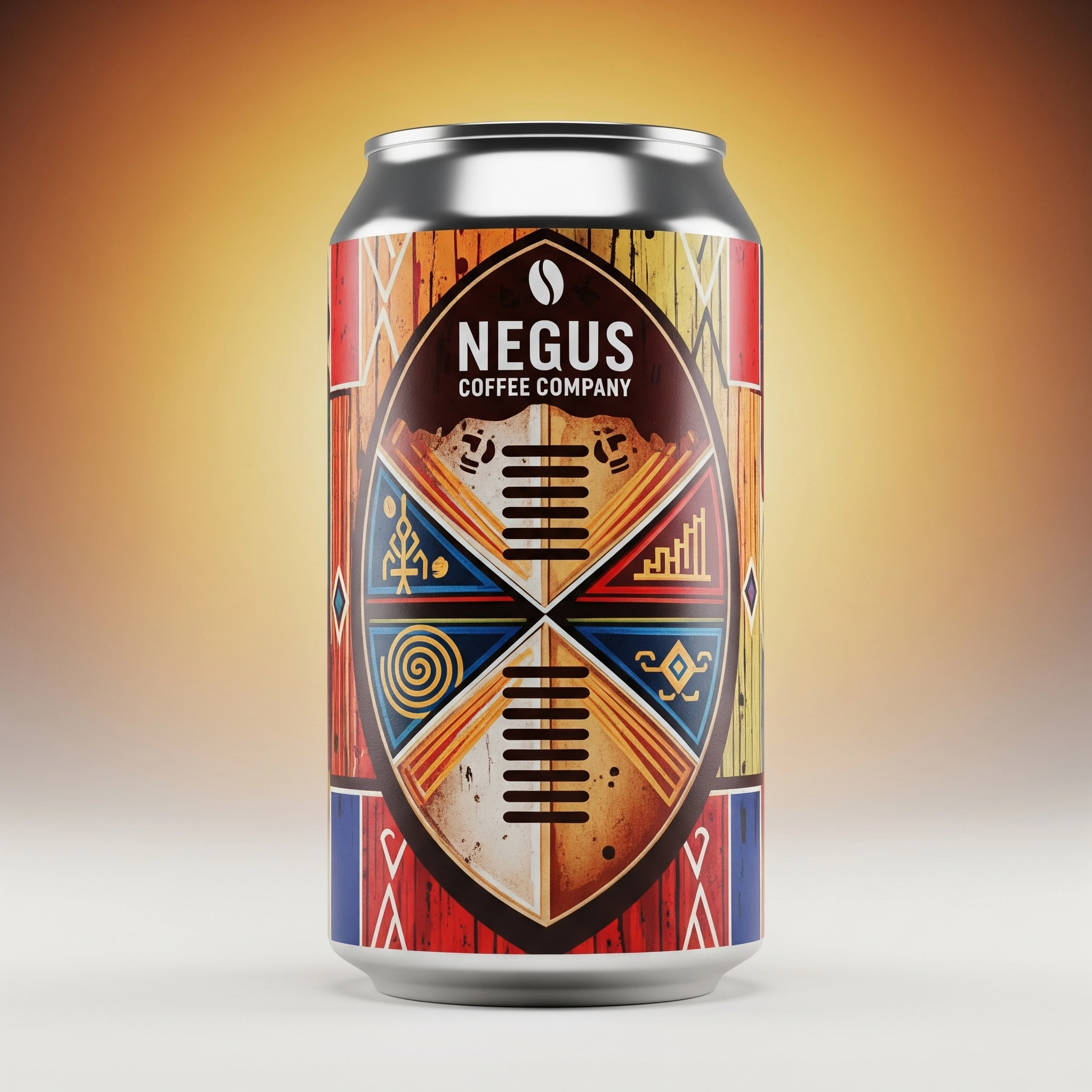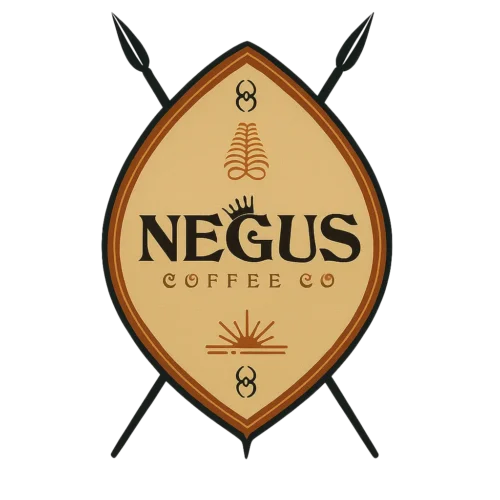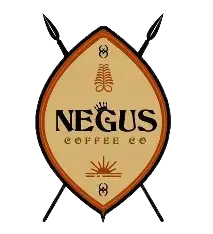Story of Negus Coffee Co.
The Negus Coffee Company wasn't just a business; it was a story brewed in every bean, a narrative steeped in history and heritage. Its founder, a man named Dane , had always felt a deep connection to the land and the history of coffee, a connection that went far beyond the simple act of drinking it.
The name, Negus, meant "king" or "emperor" in the ancient Ethiopian language of Ge'ez. For Dane , this wasn't just a powerful title—it was a tribute to coffee's origins. Ethiopia, the birthplace of the coffee bean, was a land of ancient kingdoms and rich traditions. He wanted his company to honor this legacy, to be a king among coffee brands, not through dominance, but through authenticity and respect.
This deep respect was woven into every aspect of the company, especially its signature single-origin, specialty coffees. Dane believed that a single-origin coffee was like a history book in a cup. Each bean told a story of its specific region—the soil, the climate, the people who cultivated it. This was the philosophy behind their two featured brands: Gaspar Yanga and Vicente Guerrero.

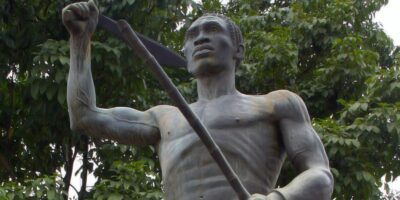
The Gaspar Yanga brand
The Gaspar Yanga brand was a tribute to a man who had been a prince in his native land before being taken captive and enslaved in Mexico. Yanga led a rebellion of enslaved people in the early 1600s, establishing one of the first free black settlements in the Americas. His story was one of incredible resilience and resistance, a fight for freedom and the right to self-determination. This coffee, sourced from the highlands of Veracruz, Mexico, where Yanga's rebellion took place, was strong and bold, with a hint of rebellious spirit in its complex, earthy notes. It was a flavor that paid homage to the power of a people who refused to be forgotten.
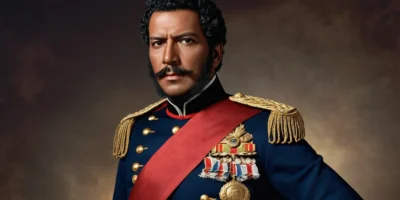
The Vicente Guerrero brand
The second brand, Vicente Guerrero, was named after a pivotal figure in Mexico's fight for independence. Guerrero, of African and Indigenous descent, was a fierce general and a champion of abolition. He became the second president of Mexico and formally abolished slavery in the nation. His legacy was one of unity, courage, and a relentless pursuit of justice. The coffee that bore his name was grown in the mountainous regions of Oaxaca, where he had fought many of his battles. It was a brew that was smooth yet full-bodied, with a warm, comforting finish that spoke to the hope and unity Guerrero brought to his people.

